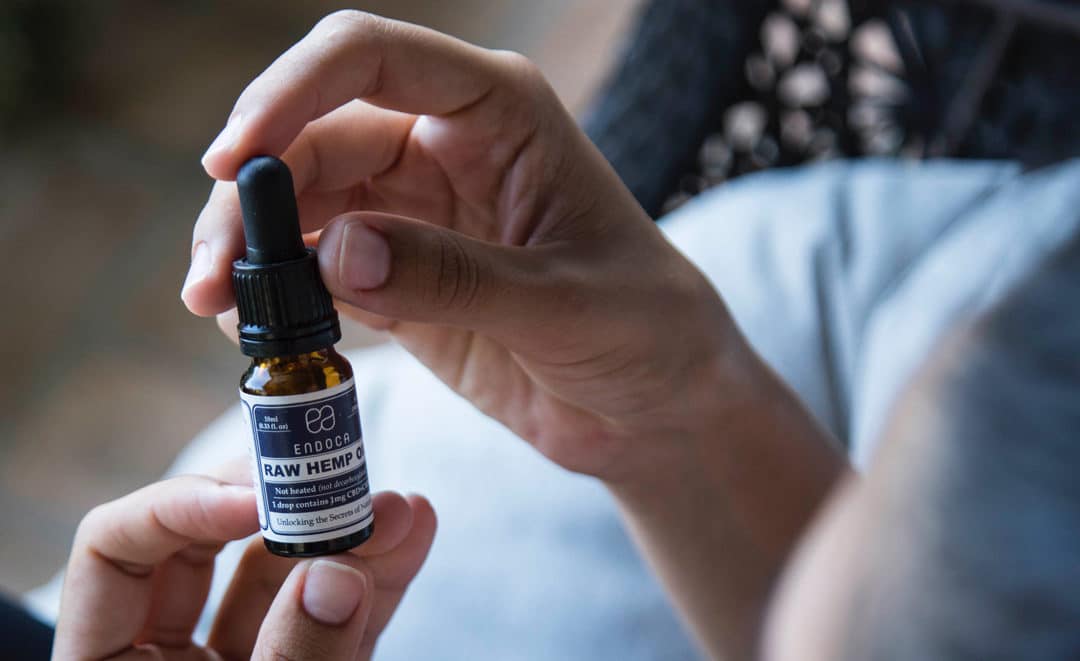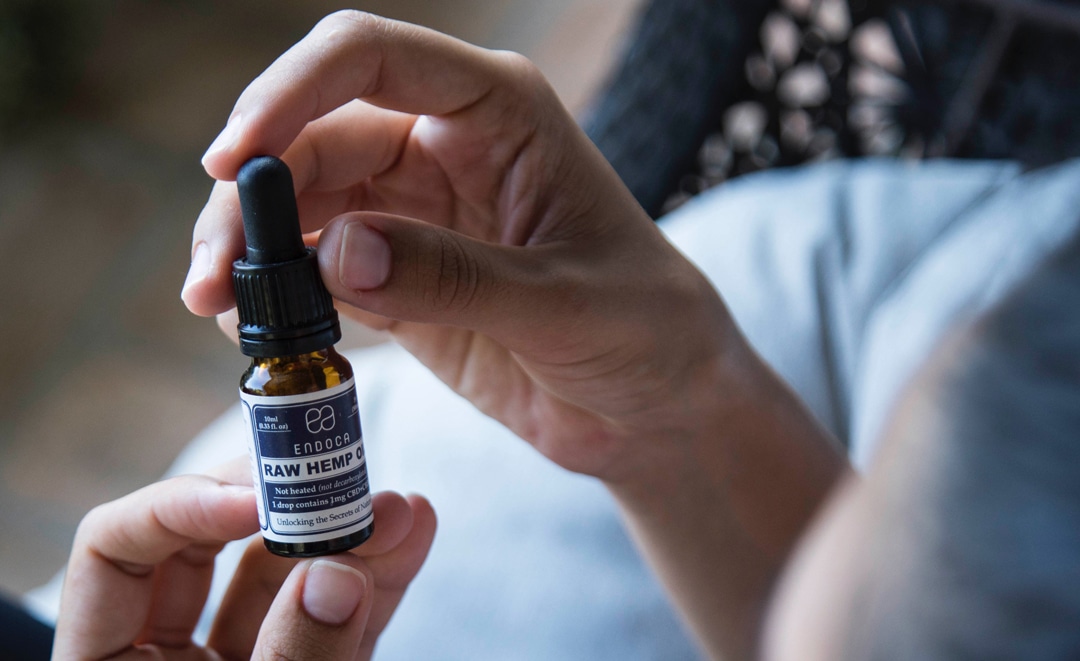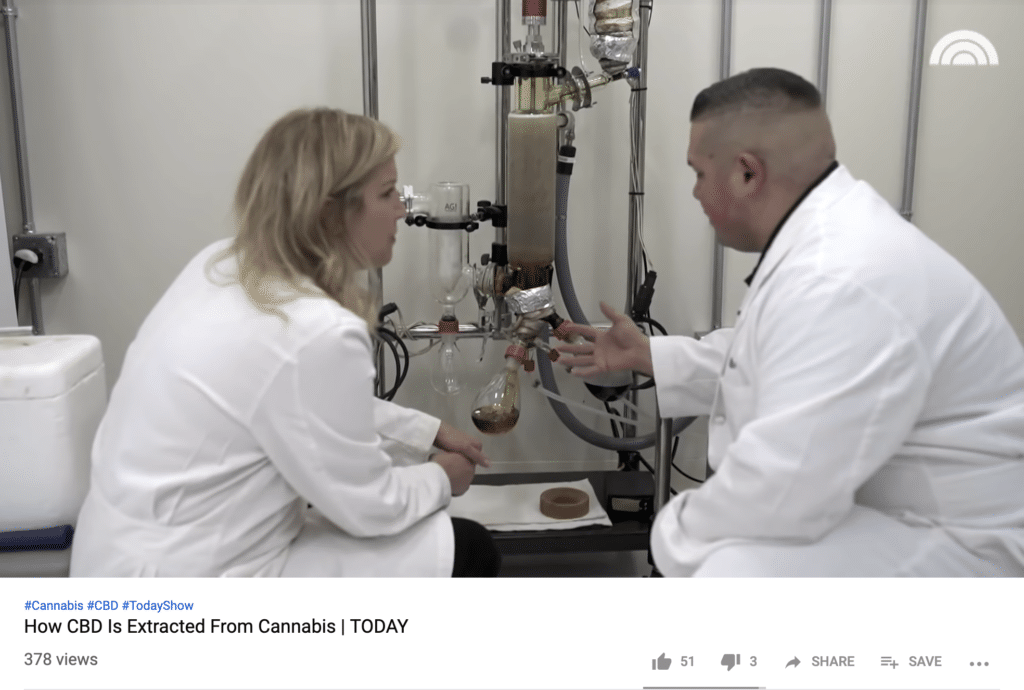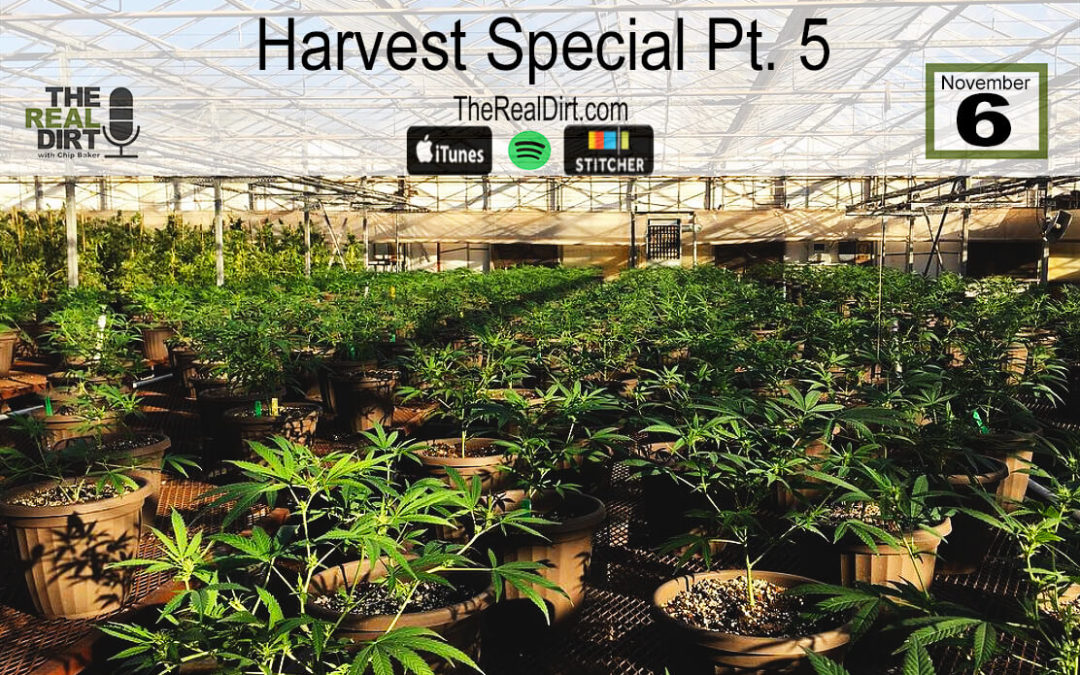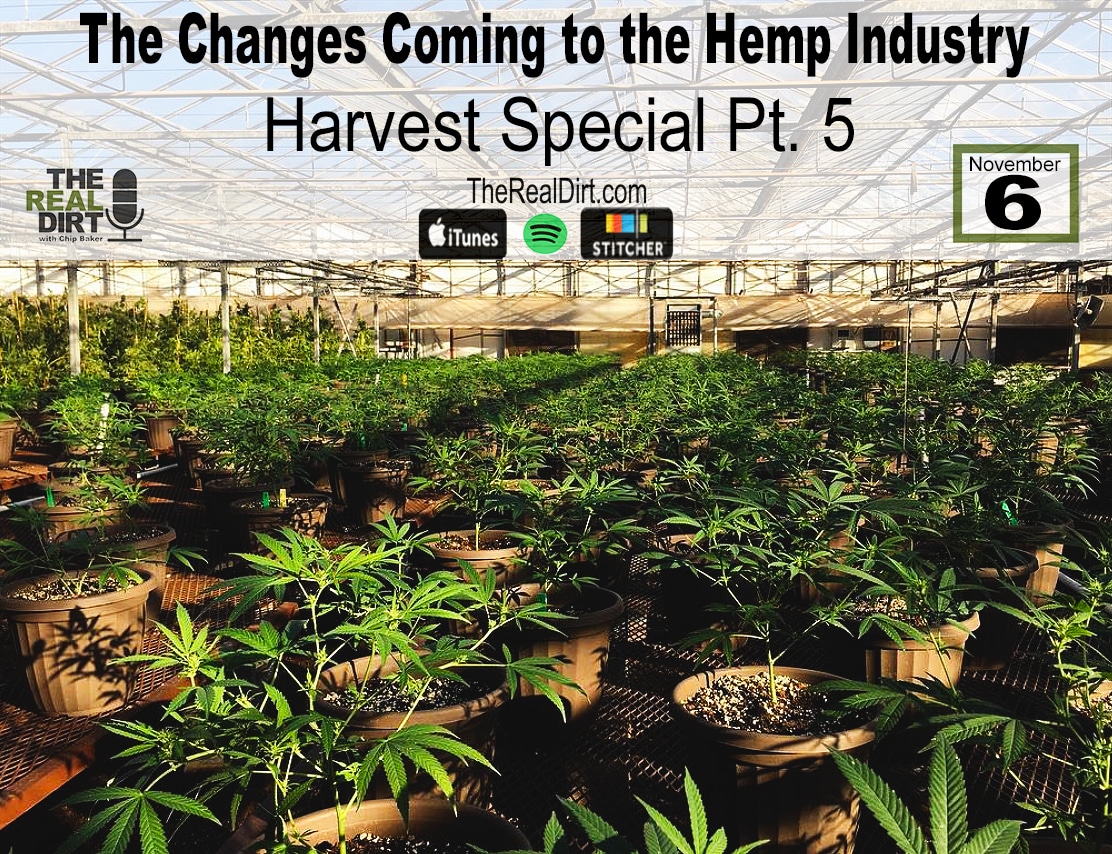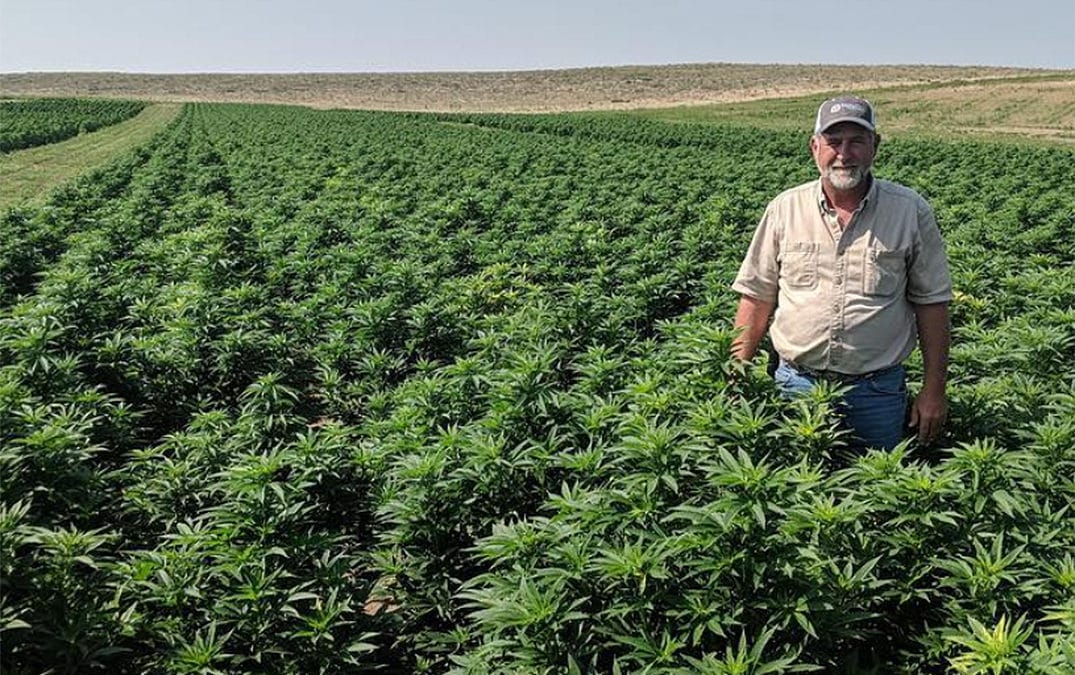
Everything You Need to Know About Growing Alabama Hemp (Pt. 1)
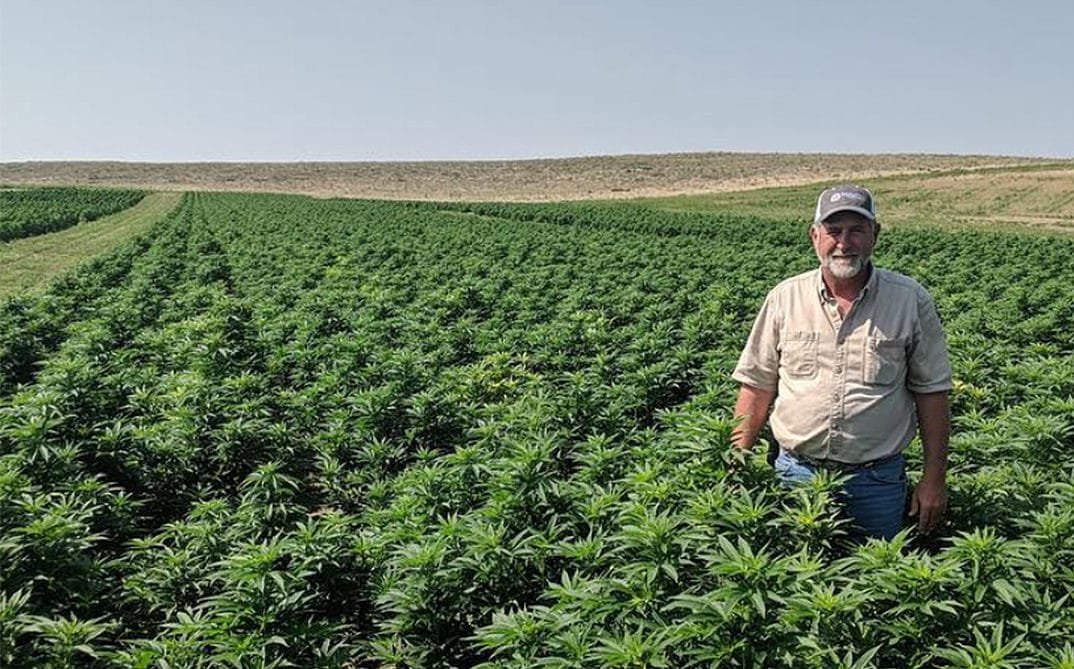
Wow. Finally by the grace of God, hemp is finally legal. In Alabama, this is an exciting time and opportunity for many people.
With the passing of the 2018 Farm Bill, hemp is now considered a legitimate farm crop in the US. The problem is that hardly anyone knows how to grow hemp, and the people that have been growing hemp have only grown limited amounts, in limited environments.
Now Alabama and a number of other southern states have “legalized it.” But what does that mean?
What is hemp?
Hemp is considered any cannabis plant that has less than .3% THC. This is the only thing that defines what makes hemp legal in the US. With the new Farm Bill of 2018 comes the ability for farmers and states that have regulated the production of hemp to legally farm it.
Even though it’s called industrial hemp, there is very little industrial use of hemp today.
Out of hemp you can make everything from paper to plastics, cement to chipboard. We are on the cutting edge of this technology and we have yet to see industry spring up around it. In the future we will see the above and more utilized for industrial hemp. But until then farmers will have to settle on growing hemp for CBD extraction and potentially seed for food.
Growing hemp for grain can be lucrative. The seeds are inexpensive, however you have to be mechanically geared for the scale of this type of production. Think hundreds or thousands of acres.
CBD, or cannabidiol, is the most lucrative side of industrial hemp today. It is a medicinal component of the cannabis plant that doesn’t share any psychoactive affects with its relative, THC. CBD is used in everything from skin creams to anti-seizure medications. It truly is a wondrous natural supplement.
As of today, CBD is the only way that you’ll be able to be cash positive from any hemp farming activity. If you’re lucky enough to have applied and received an Alabama Hemp License to grow hemp, then it’s time to get started.
The Plant
CBD hemp has many growth patterns and harvest times. It can be planted from June to August in most of the US. Alabama hemp is no different.
Unlike its cousin (i.e. ganja, marijuana, herb), Alabama hemp is grown on a considerably larger scale, with very different techniques.
The first thing you need decide before starting in Alabama hemp, is whether you want to grow from clones or seeds. High-CBD hemp seeds are available for approximately one dollar a seed on the current marketplace. These are feminized seeds that only produce female plants (or at least 90% or female plants).
That’s right. You still can have some percent of males show up, but that’s a little more complex science than we want to get into now. Basically, if you buy 10,000 feminized seeds you’re mostly going to get female plants. Don’t worry if you get a little seed in your hemp either.
You can just as easily purchase traditional seeds that will randomly be male and females. On a small scale of 5 to 10 acres this could be an excellent choice. It is easy enough to cut down all the males as they show their sex, leaving only the females in your field.
However if you do this you have to plant at twice the density in order to compensate for losing half of your plants.
Clones are by far the best way to have consistent yields and performance.
In part 2 of this guide, we’ll go over tips for planting properly, keeping your Alabama hemp plants healthy and maintaining your fields.
You can also hear from somebody who’s breaking into the Alabama hemp industry right now, Brett Terry, on The Real Dirt Podcast.

